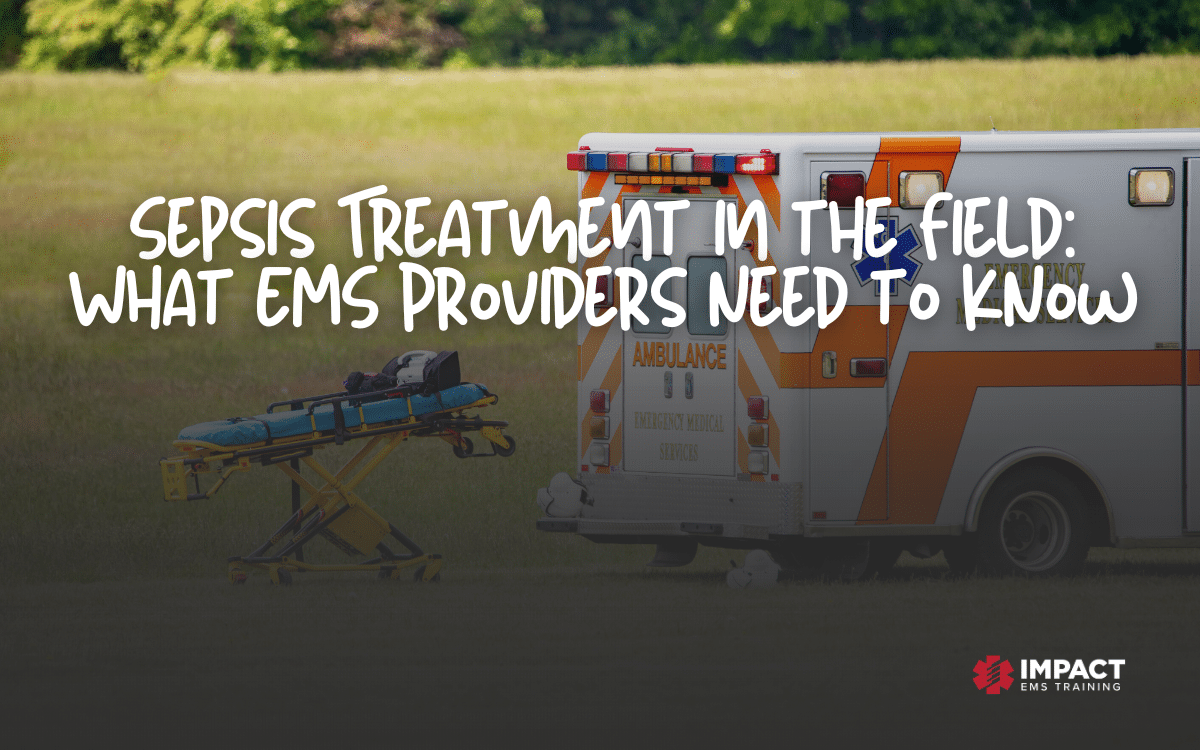Before World War II, many hospitals provided emergency ambulance service in large cities. However, the war effort led to severe shortages in manpower, and it soon became difficult for EMS providers and hospitals to maintain their ambulance operations even during medical emergencies.
Because of this, many city governments turned their emergency services over to the police or fire department. No laws required minimal training for ambulance crews and EMS personnel, which meant that there were also no training programs beyond basic first aid that existed.
It even reached a point wherein fire departments started treating ambulance duty as an unofficial form of punishment. Throughout the course of EMS history, however, things changed for the better. Now first responders and EMS providers alike are now regarded as heroes.
A Brief History of Emergency Medical Services
The system of Emergency Medical Services that we know today follows long standing traditions that date back to over hundreds of years. Even during ancient times when emergency medicine as a discipline did not exist, there were individuals who provided emergency medical care to other people in their civilization.
Through years of trial and error, various EMS systems were formed. But it was only through scientific research and advancement that it managed to evolve into what it is today.
Still, it is interesting to look back at the history of EMS and how it changed over time.
In 1865, the US Army instituted America’s first ambulance service. Back then, hospital interns only had horse-drawn carriages to carry sick and injured patients. It was in 1866 that the term “air ambulance” was first used, referring to the practice of rescuing shipwrecked sailors using an airship.
In the 1940s, the responsibility of using ambulance services to provide emergency medical service was given to local police and fire departments. Emergency care was unregulated due to the severe lack of manpower. There was no EMS system in place.
It was only in 1965 that Medicare was created by an act of Congress, which recognized ambulance services as a covered beneficiary service. This allowed ambulance services to receive a long term funding mechanism. Just like medical equipment, ambulance services were beginning to be recognized as essential.
The first Paramedics were trained by Dr. Peter Safar and Dr. Nancy Caroline in Pittsburg, PA in 1968. In 1969, the US started its first Paramedic program in Miami, FL. Later, in 1971, the television show Emergency! debuted, and it helped change the public views on fire and emergency medical services.
In 1975, the National Association of Emergency Medical Technicians (NAEMT) was formed.
In 2001, the 9/11 terrorist attacks occurred, which is considered the largest and deadliest terrorist attack in world history. This act of terrorism resulted in the death of 2,996 people. Over 6,000 people were also injured.
It was due to this attack that it was discovered how first responders had communication issues, along with different policies and protocols. This resulted in the standardization of EMS practices, procedures, communications, and operations throughout the United States.
The EMS industry continues to evolve and grow as new technological advancements are developed. Now ambulance duty is far from being considered a punishment. It is now a prestigious position that even lends itself to the title of “modern day hero”.





